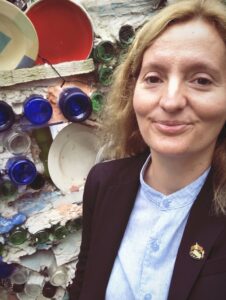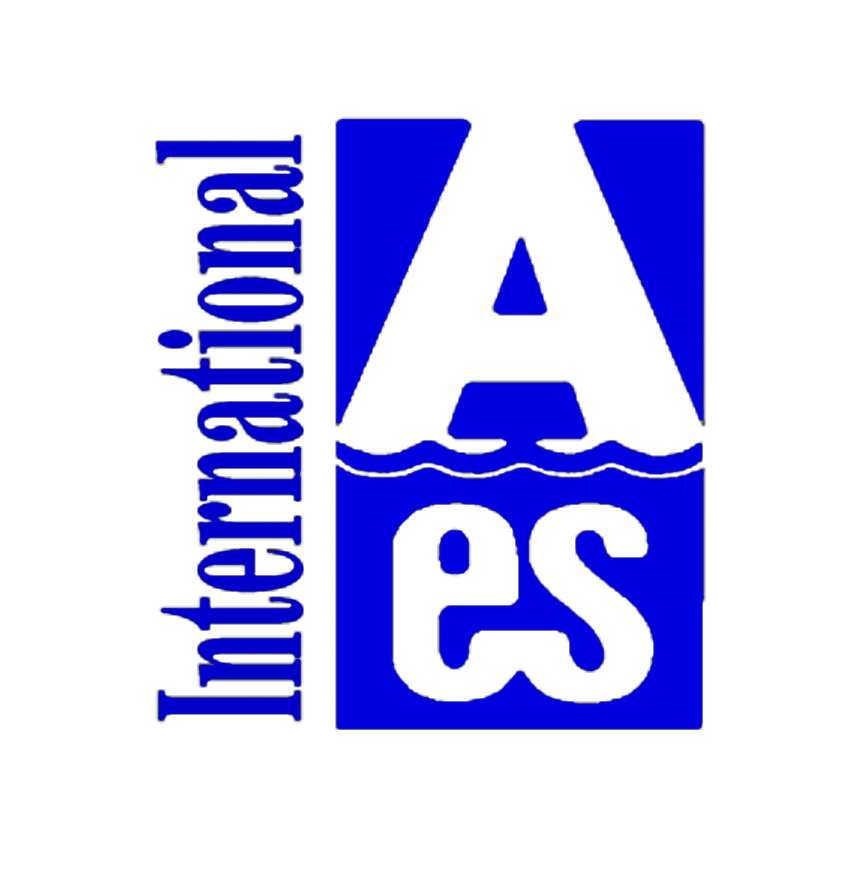Dr. Efstathia Korkou

Dr. Efstathia Korkou
Dr. Efstathia Korkou is an electrical and computer engineer holding an MBA in financial engineering and a Ph.D. in financial economics. Her research lies in the areas of behavioral finance and financial economics. Dr. Korkou is currently a tenure-track Assistant Professor of Economics in the Department of Business and Economics at the York College of the City University of New York. Dr. Korkou is also the co-PI, and co-director of the York College STEP Program, a New York State Education Department 5-year grant-funded initiative designed to increase the number of historically underrepresented or economically disadvantaged junior high and high school students prepared to enter college and improve their participation rate in mathematics, science, and technology related fields, and professions.
If you recall, what influenced your decision to become a member of the International Atlantic Economic Society?
My decision to become a member of the International Atlantic Economic Society (IAES) was influenced by the consistently positive feedback that I kept receiving from my peers at my Ph.D. Program, at the Graduate Center of the City University of New York, as well as from my Ph.D. adviser, Dr. Christos Giannikos, all of whom attended past IAES conferences both in Europe and in the United States. I also wish to add that from my own experience attending my first IAES Conference, in Philadelphia, in the Fall of 2023, I was impressed by the warm welcome, the constructive feedback that I received, and the immediate sense of belonging to an international academic family.
What types of projects/research are you currently working on and what inspired/motivated you to pursue these interests?
My primary research deals with the study and empirical measurement of gender differences in risk aversion once individuals are called to allocate their wealth and make investment and retirement decisions. My Ph.D. dissertation was also about “Gender and Financial Risk Aversion”. Thus, I always have something on the side related to studying risk aversion, which never ceases to fascinate me. For me, it is also about minorities or underrepresented groups. My academic goal is that my research to help people, and mostly groups needing the most guidance, to build sufficient financial literacy, overcome their fears or behavioral and life setbacks, and make the optimal investment, and retirement choices in this highly complicated financial world that we live in.
What advice would you give to someone who is considering entering your line of work/field of study?
My first piece of advice to aspiring scholars considering entering financial economics and behavioral finance is to pursue topics that make them the happiest and commit to these topics on a daily basis. Also, to never stop educating themselves: a new software package, any training offered by their university, the study of the latest literature are all tools that will keep them quick on their academic feet. One more piece of advice would be to send their work to conferences. The deadlines work miracles. Besides getting to travel all over the world, you build a network with people who share the same problems, and who may assist you at critical moments of your research by providing important feedback.
Going forward, what other projects/research are you planning to or hoping to pursue?
Going forward, I am about to finalize a paper, in which I study the effects of COVID-19 on the economics of single-person households. This is a paper that I also presented in the Fall 2023 IAES October conference, in Philadelphia, and for which I have received some very interesting suggestions, on which my current re-work is based. Next, following two PSC-CUNY research grants that I have received, my academic goal is with my research to investigate how financial literacy affects credit card debt and credit card behaviors, as well as to explore the relationship between risk tolerance and portfolio choices of same-sex couples in comparison with other types of households.
What’s your favorite hobby?
My favorite hobby is a little bit weather-dependent or mood-dependent. Thus, but not necessarily in order of preference, I love swimming, riding my bicycle, making puzzles, assembling little art collages, and reading long (preferably non-linear) novels. Imagine the happiness of a day, in which I can combine most or all of the above!

